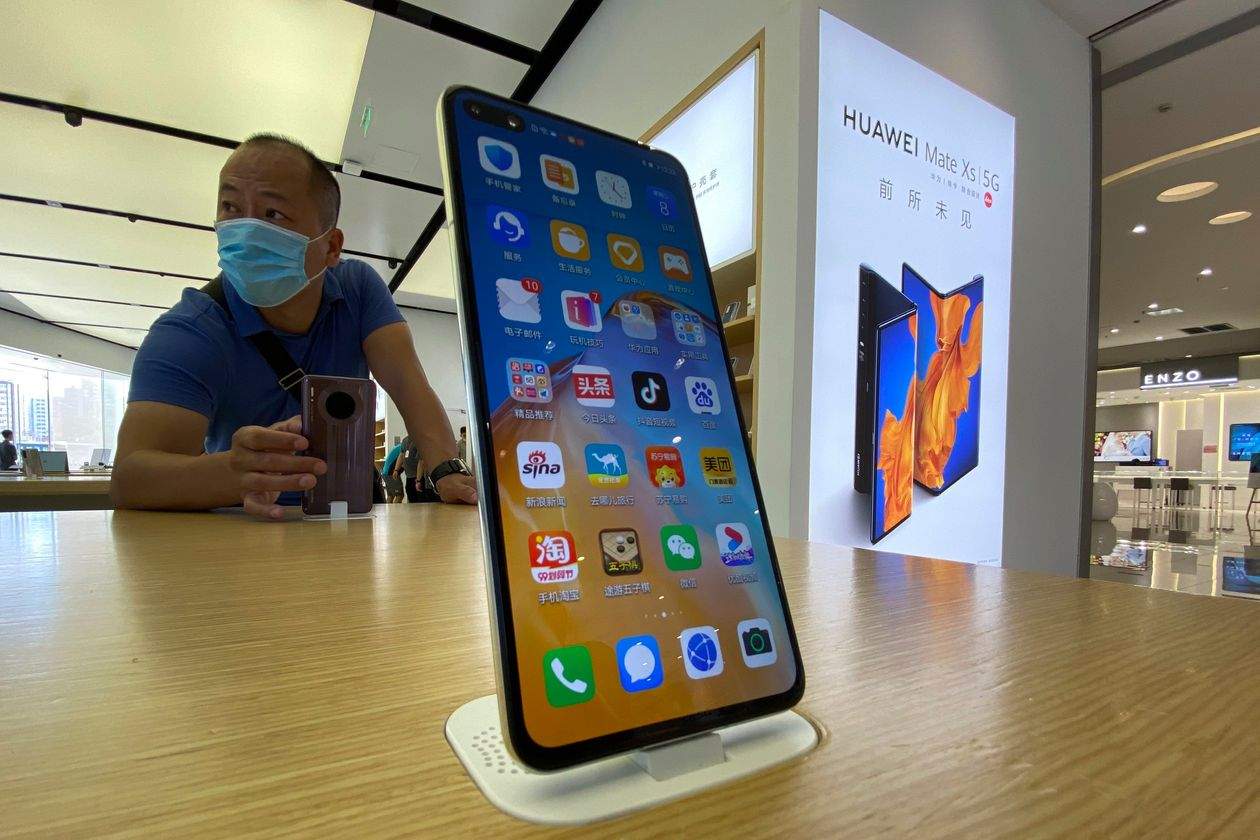Huawei to Launch Smartphones Without Google Android

Huawei Technologies Co. will begin selling smartphones capable of running its self-designed operating system next year, as it seeks to keep its consumer business going without Google Android and other U.S. suppliers
Huawei has been racing to engineer U.S.-origin technology out of its consumer gadgets and telecommunications equipment after a series of restrictions by the Trump administration, limiting its access to American components or chips built using U.S. technology.
The restrictions have meant Huawei’s popular smartphones can’t be sold with Google’s suite of software, gouging sales of its devices in markets outside of China.
Despite the restrictions, Huawei shot to the top of the global smartphone industry in the second quarter, beating out Samsung Electronics Co. and Apple Inc. for the top spot. That success came on the back of strong shipments in China, where consumers are used to using alternatives to Google software. Overseas, its sales withered.
The company has developed its own ecosystem of smartphone apps to replace Google Mobile Services, the software bundle that includes the Play app store, Google Maps and other popular apps. Huawei’s software bundle is called Huawei Mobile Services.
Richard Yu, the head of Huawei’s consumer-electronics business, said Thursday that the company would go a step further by selling smartphones running its self-developed operating system, called “Harmony OS.” Huawei first announced the operating system last year, but it currently runs only on Huawei’s line of other smart devices.
Mr. Yu said the beta version of Harmony OS for smartphones would be made available to app developers in China by the end of the year. He spoke at Huawei’s annual developers conference at a basketball arena in Dongguan, in southern China.
Mr. Yu said the operating system could eventually be available to other smartphone vendors as well—likely a reference to Chinese handset vendors such as Oppo, Vivo or Xiaomi Corp., whose devices also run on Android.
In addition to its dominance in smartphones, Huawei is the world’s largest maker of telecommunications equipment and a leader in 5G technology. U.S. officials say the company’s gear could be used by Beijing to spy—accusations that the company and Beijing deny—and have been pressing allies to drop the company as a 5G network-equipment vendor.
Last year, the U.S. Commerce Department placed Huawei on a trade blacklist, preventing companies from selling it U.S.-origin technology without a license. The U.S. further tightened restrictions this year by stopping sales of any chips to Huawei made using U.S. technology, starving it of basic components to make phones and other equipment. Huawei has enough chip inventories to last until early 2021, according to estimates by research firm Gartner.
“If Huawei fails to ensure sufficient smartphone shipment next year, then the Harmony OS for smartphones, which is planned to reach end-users next year, will only arrive to limited numbers of consumers,” said Mo Jia, an analyst at Canalys.
That would make it only “a symbolic innovation, rather than a practical game changer,” he said.
Last month, Mr. Yu said that the company’s forthcoming Mate 40 smartphone will be the last Huawei device to be equipped with its flagship Kirin chips. Huawei is seen as a global leader in chip design, but the U.S. restrictions have strangled its access to advanced chip manufacturers such as Taiwan Semiconductor Manufacturing Co.
The full effect of the new restrictions depends in part on whether the Commerce Department grants licenses to chip companies to continue supplying components to Huawei. Last week, Taiwanese chip designer MediaTek Inc. said it had applied to the department seeking a license to continue selling chips to Huawei.
Photo: A Huawei smartphone displayed a variety of apps in Beijing on Tuesday. - PHOTO: NG HAN GUAN/ASSOCIATED PRESS




